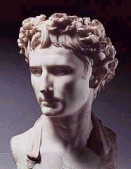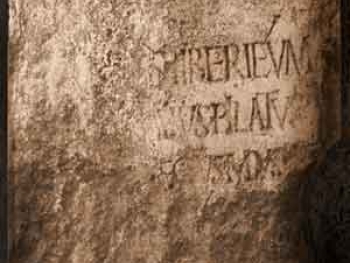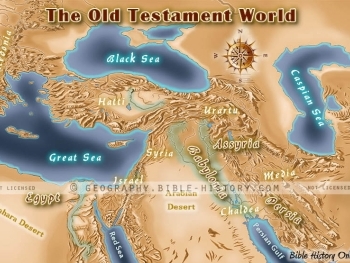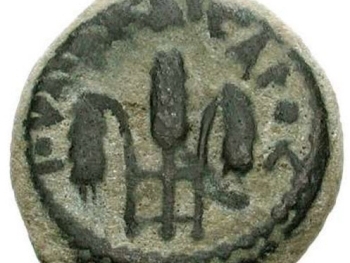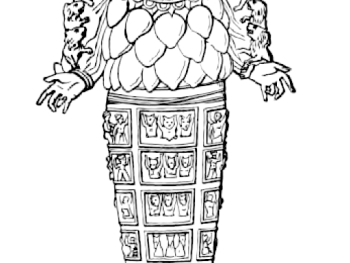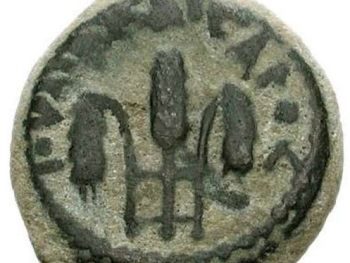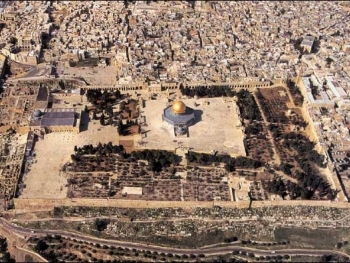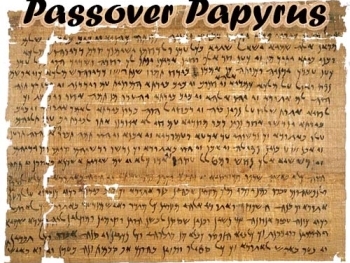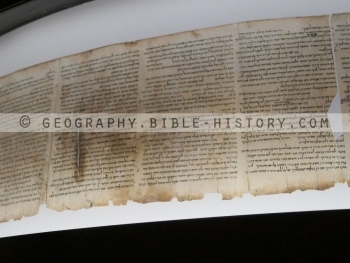Ancient Rome is often associated with grand architecture, legendary emperors, and mighty legions. However, the daily life of women in ancient Rome remains an intriguing and less-explored aspect of this civilization. While gender roles and expectations were significantly different from today's standards, women played diverse and important roles within Roman society.
- Social Status and Legal Rights: In ancient Rome, a woman's social status and legal rights were closely tied to her marital status and the wealth and social standing of her family. Unmarried women had more autonomy and could engage in economic activities, own property, and make legal decisions. Once married, however, their legal rights were subsumed by those of their husbands, and they became subject to their authority.
- Family Life and Maternity: Family played a central role in Roman society, and women were expected to fulfill their duties as wives and mothers. Marriages were typically arranged, and women were expected to be obedient and loyal to their husbands. Roman women bore the responsibility of maintaining the household, raising children, and ensuring the family's social reputation.
- Education and Intellectual Pursuits: Formal education was mainly reserved for boys in ancient Rome. However, some privileged girls from aristocratic families received education in literature, music, and dance. Women from educated households had the opportunity to engage in intellectual discussions and contribute to literary and artistic endeavors. Notable examples include the poet Sulpicia and the philosopher Hypatia.
- Social Activities and Public Life: While women had limited participation in the public sphere, they were not entirely excluded from social activities. Wealthy women attended social gatherings, banquets, and religious ceremonies. They had opportunities to engage in intellectual discussions in exclusive salons, and some were known for their patronage of the arts and support of philosophers and poets.
- Religion and Religious Practices: Religion played a significant role in the lives of Roman women. They participated in religious ceremonies and rituals and had their own goddesses to worship, such as Juno, Minerva, and Vesta. Women could hold positions as priestesses and played important roles in religious festivals and rites.
Life for women in ancient Rome was a mix of constraints and opportunities, shaped by societal expectations, legal limitations, and cultural norms. While their roles were primarily centered around family and domestic responsibilities, some women managed to carve out niches for themselves in areas like education, artistic expression, and religious practices. Although their status was often subordinate to men, Roman women still contributed to the fabric of Roman society, leaving traces of their influence and resilience throughout history. Understanding the lives of women in ancient Rome provides a valuable glimpse into the complexities of gender dynamics in one of the most influential civilizations of the past.
